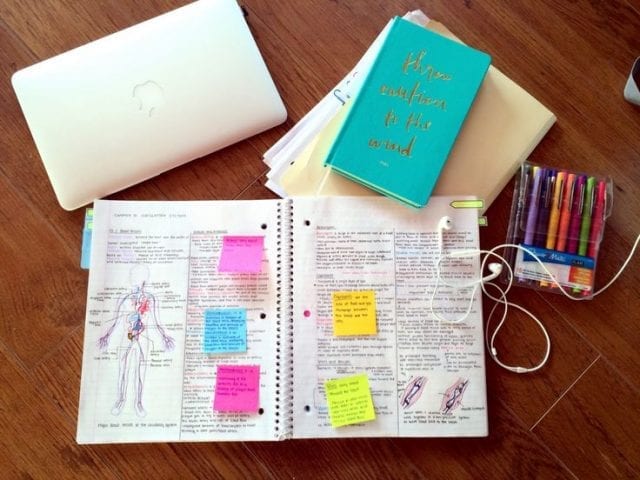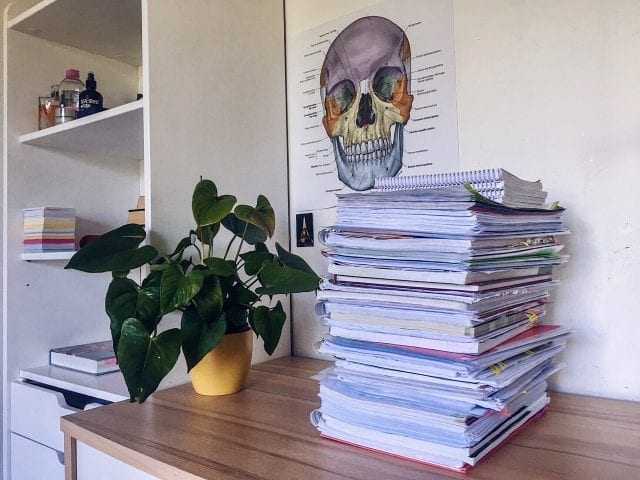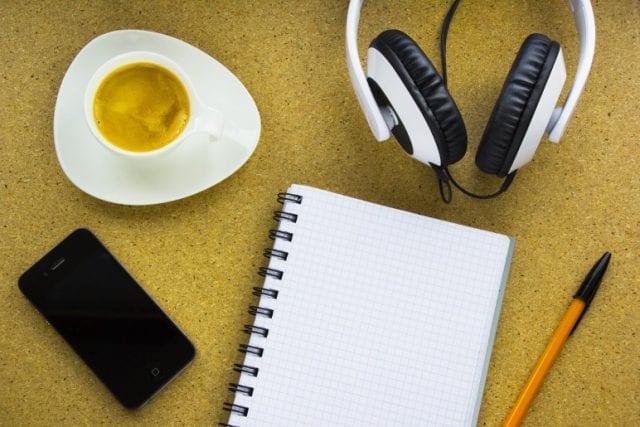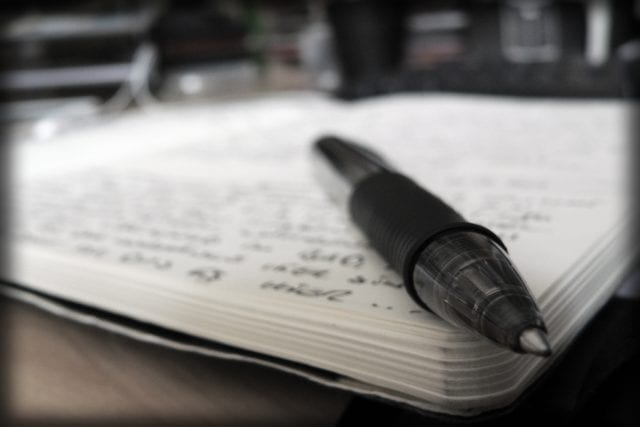
Whether only passing a subject, passing a course or finishing your academic education, studying in med school or university is an activity that’s usually accompanied by stress, procrastination, boredom, and anxiety. Okay, it’s true – most med school students are completely clear about their vocation. And even before starting it, they know that the road will be long, bumpy and sometimes complicated, but they also know that it’s worth the sacrifice.
They get to work on what they have always dreamed of. But there’s always the part where not every day is perfect for dedicating yourself completely to learning. A bad day, a bad week… and almost always, just before the important test.
If all of the above sounds very familiar to you, well, we have some good news for you. In case you’ve just entered this complex, but the wonderful world, there really is a way to take full advantage of your study sessions. And also, to make them more fun and relaxing. That’s why it’s worth taking a look at these tips to motivate yourself more and see that it isn’t as difficult as it seems.
Make learning fun

Your brain likes new things and only pays full attention to those that are fun. This means that the only way to release more dopamine and retain information is to turn the learning into fun or kind of novel task.
You’re wondering how? Well, there are some ways and tips to implement this in the whole process. Start by buying some color markers and underline the most important information. The new smell and the new visibility of the information will excite you and simply make you want to learn, having all those crucial things highlighted.
You can create a story from the details you need to remember. A story makes the information more meaningful, which will help you give it a new touch and captivate your brain. Also, drawing the story and creating characters works great in case you need to learn some complicated definitions or sentences. Telling it aloud and repeating it until you remember every part of it makes it even better.
One more way to make it more amusing is to record it. That’s right – read all the information and record it in audio, then listen to it and follow the reading. This way, you’ll mentally save the information in two ways: visual and auditory. It’s proven that this helps you retain the fundamental details, as it’s presented in an attractive and new way for your brain. You might even use different intonations or tone of voice to highlight some key points.
Try explaining the lesson to another person

This is also a great tip in case it’s not enough for you to only reread it until you make it. The fact of explaining in your own words what you have learned is possibly the most valuable study advice since it might bring you two great benefits.
On the one hand, reformulating the lesson is a way to mentally review what you have studied, so the time you spend on this will serve to better assimilate what you had studied before.
On the other hand, it’ll help you to self-assess, detect points that you thought were learned but that give you problems at key moments though, and offer you a fairly faithful picture of your progress. In this way, you test what you really learned and understood. However, in order to make it work try using your own words not to repeat exactly what the text says. Imagine that you’re a teacher and you have a student who doesn’t really understand this part – and explain it.
Create summary notes
Underlining texts might help when we want to accentuate particular parts that we need to memorize – and in medicine, there are many of them. Thousands, millions of things. However, it doesn’t help you memorize the text if it’s not reviewed several times. Apart from that, sticking to the memorization of the phrases that have a line below keeps us anchored to the way in which the information is distributed in the original text.
Instead, making outlines and small summaries on pieces of paper forces us to rephrase the information we have read and, in addition, it makes it easier to create combinations of notes that are different from those in the text but that help us understand better what we read since we can collect or separate the pieces of paper in the way we want to assimilate the information in the desired order.
Make your own routine

Making a study schedule and sticking to that doesn’t only serve to offer an image of maturity and neatness. It has some truly notable effects on study performance, especially when it comes to complicated lessons like the ones in medicine studying.
Addressing learning in a disorganized manner is a way to end up studying late at night when feeling sleepy and tiredness make a dent in our ability to concentrate. In addition, getting used to a schedule will make it easier for us to avoid skipping studying and allow us to dedicate them the time they deserve. Don’t leave everything for tomorrow if you can do it right away and enjoy your free moments later!
Don’t forget to rest
Take some time. Often, you’ll feel that medical school consumes all your spare moments, as it will keep you so busy that you might consider that you don’t have any space for yourself. For this reason, it’s crucial that you take some spare time. You can just have some short moments or pauses from time to time to distract yourself.
You’ll need to balance your school and personal life so as not to become mentally exhausted or overwhelmed. Have some kind of activity that you like to practice and that you can use if you need a break. You could read a book to have fun, ride a bike, jog or even prepare a meal at home – in any case, you should relax thoroughly from time to time.
Sometimes it’s better with music

The supposed benefit or harm of studying while listening to music is an issue that has been debated for many years. Some students find it a distraction, but in others, the effect is inverse and helps them focus better. The effects of listening to music while studying seem not to be the same for all people and therefore, the only way to know for sure if it will help you or not is to try to study both ways and evaluate the results.
In case you think that the music would relax you, just have your mp3 player or a YouTube tab open and ensure you have a playlist containing your favorite chillout songs. Also, this website is a lovely idea if you’re a radio fan – it’s always a nice surprise to hear a song that you forgot about after a long, long time!








